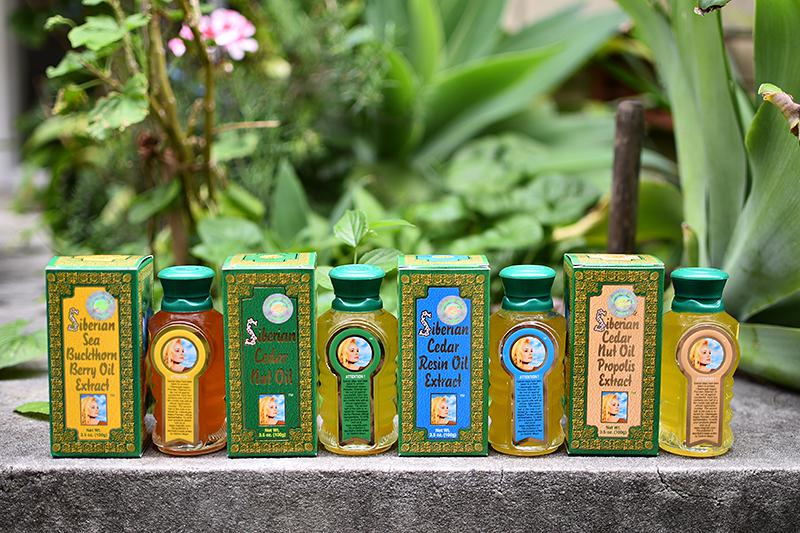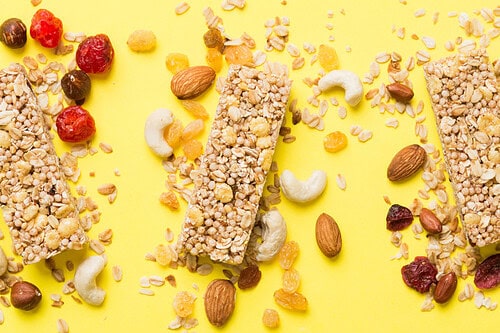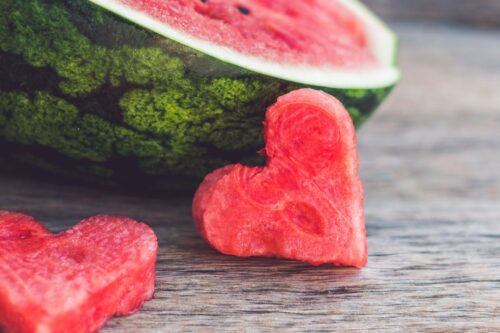
When Siberean Cedar Nut Oil approached me about trialing and reviewing their oil, I was curious. To be honest I had not heard a lot about the oil, being more in love with olive oil, flaxseed oil and macadamia nut oil personally. But a girl has to open to new things, and when it comes to food I am an open book.
For me a good oil needs to taste great. It cannot have any signs of ‘oxidation’, simply meaning a slightly bitter or rancid taste. This means that the oil has been exposed to heat and the oxidation has affected its purity. Oils should taste buttery and just like the nut or seed that they are pressed from. This pine nut oil ticked all of those boxes.
So how have I been using my cedar (pine) nut oil? It’s glorious drizzled over avocado on toast, or over left overs for lunch. I’ve tossed it into a salad and added it to pesto with added pine nuts. I do not heat it, as the oil needs to be kept at a low heat to preserve the fatty acids that are prevelant in this oil.
Nutritionally, pine nuts consist of approximately 90% mix of polyunsaturated and monounsaturated fats. For instance, 100 grams of pine nuts contains 46 grams poly unsaturated fats and 25grams monounsaturated fats, with a high concentration of linoleic acid (omega 6) and oleic acid (as found in olive oil). Pine nuts are also very high in vitamin E, which helps protect them from oxidation when stored and treated correctly. They are also high in zinc, manganese and copper. Pine nuts are also high in phytonutrients such as catechin, epicatechin and tyrosol.
Therapeutically, pine nut oil has been shown to increase CCK, a secreted hormone related to suppression of appetite in the gastrointestinal tract. Satiety hormones such as CCK increase naturally after fat intake. Additionally the more complex a fat is in its biochemical make up, the more effective it is on releasing CCK. Obviously this relationship makes sense, as when we eat fat dense foods/oils we need to register satiety. I believe these studies highlight oils potential to create satiety in general, due to the fact that the are more ‘filling’, when added to a meal or eaten alone. These studies do show however that pine nut oil in particular has a stronger response on CCK. This could be useful in situations where one may struggle with needing to create a more filling and satisfying meal, or for those looking to reduce their portion size down whilst still consuming a balanced meal. (2008, Wilrike J Pasman et al, 2008 Hughes, GM et al)
Conversely, this 2011 study did not find any statically significance with the consumption of pine nut oil on appetite, therefore I would personally be inclined to rely on the oil for its nutritional benefits and its naturally satiety ability as a fat more, so than it having a magic bullet result on appetite suppression.
Studies have also shown that pine nut oil can having a cholesterol lowering effect, specifically, accumulation of fat in the liver. This makes sense due to its fatty acid make up, with a higher percentage of poly unsaturated and monounsaturated fats, which have been shown to favour the production of ‘good’ cholesterol over ‘bad’ LDL cholesterol. Further studies have also shown its capacity to reduce cholesterol levels and aortic atherosclerotic, when compared to controls and high cholesterol diets. Again, I believe this exemplifies the benefits of these types of fats overall, that being polyunsaturated and monounsaturated fats.
Lastly, yet by means less important is the antimicrobial activity of pine nut oil resin. The resin is extracted from the sap of the tree and is a lot more pungent in flavour. This type of oil extraction is best used medicinally. Pine nut oil resin is rich in alkaloids, flavonoids, terpenoids and tannins, plant extracts knows to exhibit antimicrobial activity. In this 2016 study, pine nut resin (specifically extract of P.wallichiana) showed antimicrobial activity against certain strains of bacteria, alongside the common strain of candida (candida albicans).
To surmise, I am rather in love with the clinical applications possible with pine nut oil resin, alongside the generally nutritional benefits of the oil as part of a balanced diet. As always, I do not believe one food/oil/powder provides a magic bullet. Pine nut oil needs to be used in conjunction with a nutritional balanced, individualised diet. Additionally, if using the oil for therapeutic usages I would always seek the help of a professional before doing so.
Jessica Cox is a qualified practicing Nutritionist with a Bachelor Health Science (Nutrition) and over 15 years of clinical experience. She is the founder and director JCN Clinic, published author and established recipe developer. Jessica is well respected within health and wellness space for her no fad approach and use of evidence-based nutrition.





